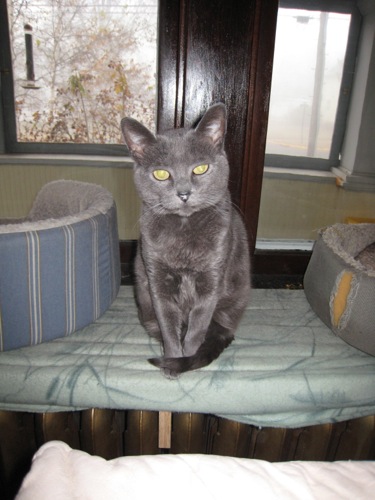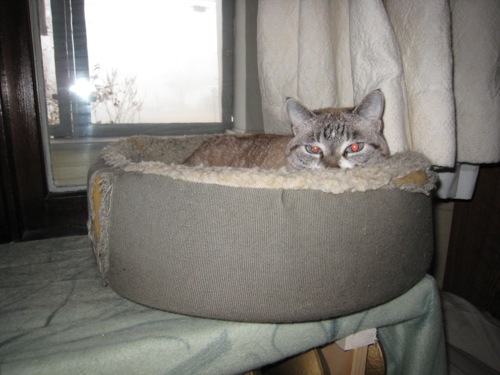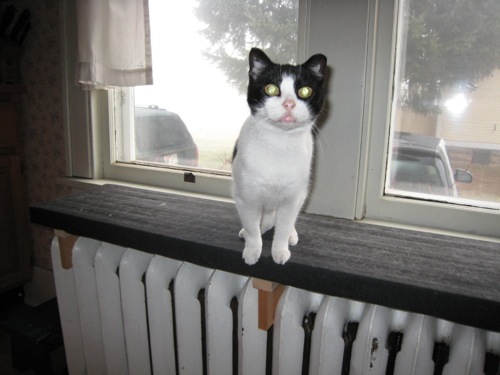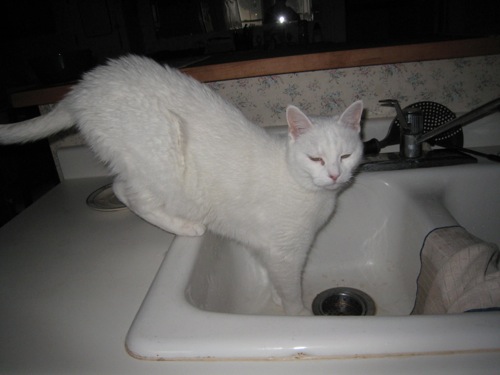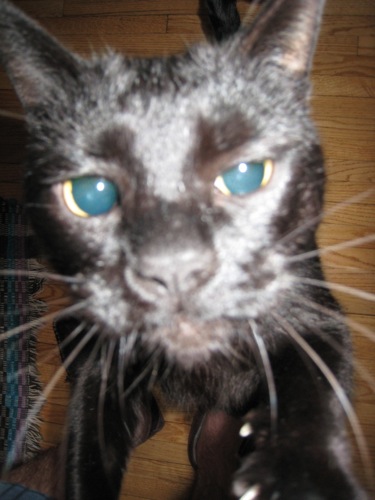Almost every professional writer or artist or performer that I know has a deciding-not-to-quit story—that moment when they decided to persist in the face of great adversity and keep writing or dancing or pursuing their photography. It’s the nature of the beast, it’s a tough, draining, demoralizing road, and sometimes you want to give up…and that’s okay. Sometimes giving up is the right answer. Sometimes, you’re not on the right road. I say this as someone who has succeeded at writing to a degree that’s incredibly rare. I also say this as someone who decided to quit, and walked away from acting.
I didn’t always want to be a writer. In fact, I didn’t seriously try to write anything for publication until I was in my early twenties. My degree is in theater with a performance focus. At the age of eleven I stumbled into an acting class by accident—a story I’ve told elsewhere. I stumbled into acting and I fell in love. I was a pudgy awkward kind of kid, raised on Shakespeare as much as Tolkien, with a storyteller’s instincts and a quick mind. Theater was perfect for me.
It let me play at being someone else—someone better and more handsome and funnier—and it gave me a sort of simulated popularity that I’d never experienced before. When I was on the stage I was cool, and I could make people laugh or clap—or, at least, that’s how it felt when I got the laughter and applause. It felt great, and I became wholly focused on the goal of becoming an actor from around the age of twelve. I took classes, I acted in plays, I did improv, and various sorts of performing with Renaissance festivals. I was quite good, and I know people from those days who say that they thought I was one of the few who could actually make it and earn a living as a performer.
They’re probably right. I could probably have made it to a place where I was getting enough character parts in paying shows to barely scrape by…at least for a while. But I was never going to make it big. I was never going to become a star of stage or film. At best, I might have become a big fish in some local community theater pond. That’s nothing to laugh at or condemn, but it’s not what I wanted.
I wanted the dream, and I simply wasn’t hungry enough, or pretty enough, or funny enough to manage it. I wanted it, but other people wanted it more, and many of them were better than I was ever going to be. I mostly pretended to myself that wasn’t true, but there were moments where I could see it, and again, there’s no shame in that. I was good, and I could have been very good, but you have to be great, and lucky, and, to borrow a phrase from the late Jay Lake, you have to have psychotic persistence. Being gorgeous is a huge help too. But I kept at it. I worked hard to get better. I tried.
And then I met the woman I was eventually going to marry, and I started thinking more deeply about my future and what I could accomplish and what would make me happy, and I had to make the hardest decision I’d ever made to that point, the decision to quit theater. I still loved it, and to this day there are parts of the whole enterprise that I miss enormously, but it was never going to make me happy, because I was never going to get where I wanted to go with it. So, I walked away, and I haven’t done a show since. It wasn’t easy and it still hurts sometimes, like I cut a part of myself off forever, but it was the right choice, and I’ve never doubted that. Just like I’ve never doubted my decision not to quit writing at a particularly low point in my life a decade or so ago.
I have friends who’ve walked away from the arts completely and who are much happier for it. Sometimes, you have to fold your cards and walk away from that particular table. Sometimes, quitting is the right choice.
A number of years ago I was sitting around a table with a bunch of novelists at the World Fantasy Convention talking about the people we knew who had started when we did but then later walked away from writing for one reason or another. It was very much an Auld Lang Syne moment—old friends fallen away as time passed and the road grew too steep or the costs to high for them to keep along the path—and every one of us was aware how easily that could have been us. I know people who are better natural writers than I am who couldn’t continue, or harder workers, or who got a much faster start. We all did. There’s no shame in it, only sadness for what might have been. On Thursday, my brother-in-law and fellow Wyrdsmith announced his decision to fold out of the game. I wrote this mostly for him, but also for all the other writers I know who’ve made that same decision.
So, deciding not to quit or deciding to quit. I’ve made both choices in my life, and I don’t regret either one. The important thing isn’t what you ultimately decide, it’s that you make the right decision for you.

